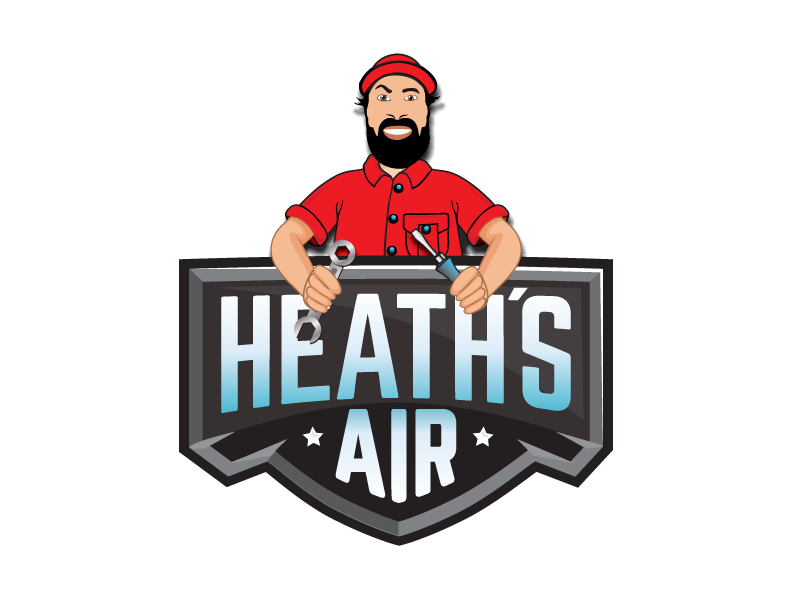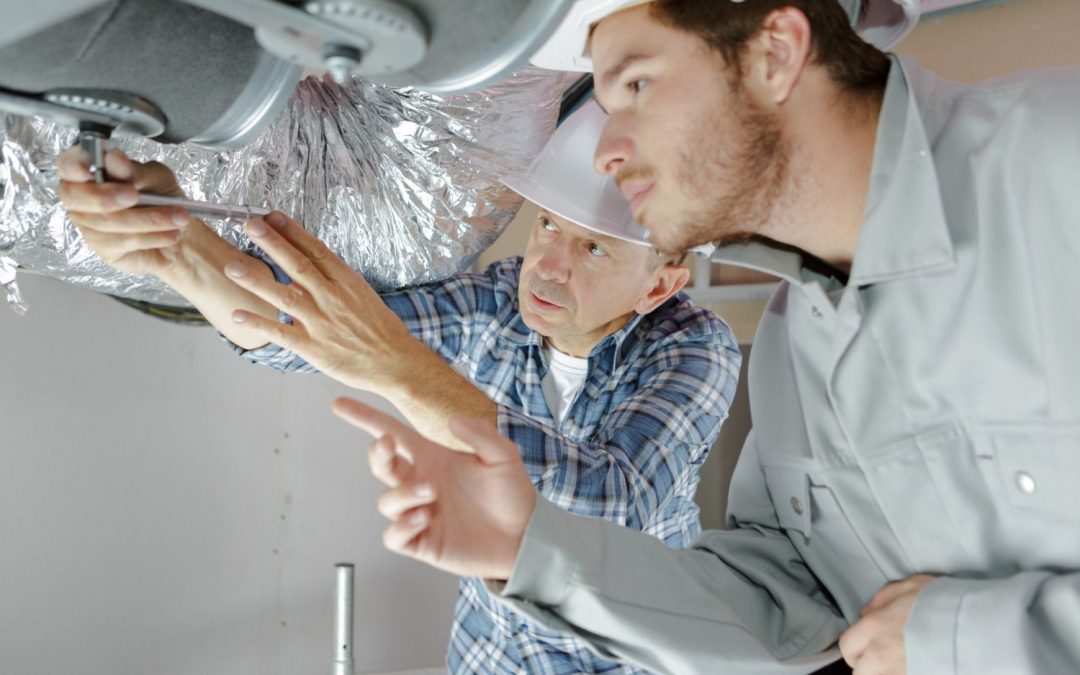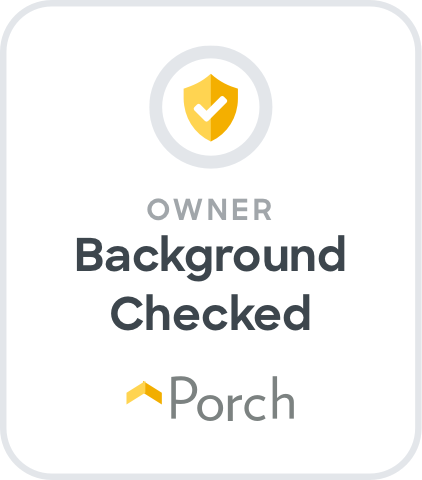Important Terms
When you being your research into replacing or upgrading old HVAC systems, there is a lot of technical language and terms to keep in mind. Knowing these terms, how they work, and what they mean, will help you to make informed choices so that you can know what to buy for the best a/c units for hot climates.
HVAC stands for heating, ventilation, and air conditioning. It involved how your heat your home in the winter and cool it in the summer.
Tonnage is the amount an air conditioning unit is capable of cooling. This matters because a unit’s tonnage will determine what size you’ll need to buy. To calculate the estimated tonnage you’ll need to cool your home, you can check out this table.
SEER stands for Seasonal Energy Efficiency Ratio. It measures an air conditioner’s cooling output compared to the energy needed to produce that cooling. The higher a unit’s SEER rating, the less energy it will need to run. In a hot climate like Phoenix, where air conditioners are most months of the year, a higher SEER rating will save you money in the long run. Look for a rating of 16 or higher.
Single-Stage air conditioners are pretty straightforward: they’re either on or off. When your thermostat reaches a certain temperature, a single-stage unit will turn on and run at 100% until the thermostat drops back down. It then turns off until the temperature creeps back up again. These are the cheapest, yet least energy-efficient type.
Two-stage units have two settings, high and low. When running on high, this type of air conditioning will operate at 100%. When on low, it will typically run between 70 and 80%. This means they will run more frequently throughout the day, but end up consuming less energy because they can operate at a low level and still keep your home cool.
Variable-stage air conditioning units are the most expensive up front, but also the most efficient since they run at multiple, lower speeds throughout the day.
Load Calculation is the equation used to help determine the size of the air conditioning unit you’ll need. It takes into account your home’s square footage, the number of windows, and the people living in the home.
Upgrading Old HVAC Systems: What You Need to Know
There are a lot of factors to consider when installing a new HVAC system or upgrading an old one. Because of the many calculations and various cooling needs of each home, upgrading old HVAC systems is not a one-size-fits-all job.
When you’re thinking about upgrading your old system, make sure to consider the following when talking to a licensed professional. That way you can make sure you’re getting the best a/c unit for Phoenix and help you beat the heat!
1. The Size and Age of Your House
When it comes to the load calculation, you’ll need to know the square footage of the home, which is essential to help determine the tonnage you’ll need.
2. Ducts and Insulation
Older homes may have more leaks in ductwork (more on this to follow) or around windows that may need repairing or replaced to help your unit operate efficiently. You can hire someone to do an energy assessment, which will help identify areas where the cooled air is being wasted and driving up your utility bill.
3. Number of Windows and People
Energy gets wasted through windows, which will affect the amount of energy your air conditioner will need to produce. The more people that live in a home, the more body heat is produced, which also needs to be taken into account.
4. Efficiency
Because you’ll be running your air conditioner more frequently when compared to the rest of the country, a more efficient air conditioner can save you money in the long run. While you’ll have to pay more for it to start, you’ll soon see energy savings in your utility bill, which means the extra cost will pay for itself, usually in a few short years.
In a hot climate like Phoenix, where air conditioners are most months of the year, a higher SEER rating will save you money in the long run. Look for a rating of 16 or higher in order to take advantage of rebates. An SRP rebate can save you between $75 and $225, while an APS rebate can be up to $200. Upgrading to a smart thermostat and getting any duct leaks sealed at the same time can add to your savings, as well as make your system more energy-efficient.
5. Climate
When buying a new a/c unit in Phoenix, remember that the dry heat here will impact how often you’ll need to run your air conditioning. That can drive up your utility bill and end up costing you more in the long run depending on what type of unit you end up buying. The best a/c units for hot climates are not going to be what works in other areas of the country.
6. Budget
While you don’t want to break the bank, buy the most efficient unit you can afford. The cost of buying a new a/c unit in Phoenix will depend on your specific needs, but it’s best to upgrade old HVAC systems with higher SEER ratings, which can save you up to $600 a year in energy savings.
7. Unit Size
Bigger is not always better! If you end up getting an air conditioner that’s too big for your home, it won’t cool evenly and can end up wasting a lot of energy. If you buy a unit that’s too small, you’ll find that it can end up working harder to cool less.
Should You Consider a Humidifier?
Due to its location in the Sonoran Desert, Phoenix has a low relative humidity of only about 37%. However, 50% is considered ideal.
Adding a humidifier to your HVAC upgrade can help keep you and your family healthier, as well as protect wood furniture and make your home feel warmer during the cooler months. For the best air conditioner for the desert climate, consider this upgrade.
Ready to Stay Cool?
If this guide makes upgrading old HVAC systems seem like a big undertaking, we’re here to help! There is a lot to consider when it comes to the best air conditioner for your home. Contact us today so that one of our experienced, licensed professionals can help you learn more about the best a/c units for Phoenix, AZ.




